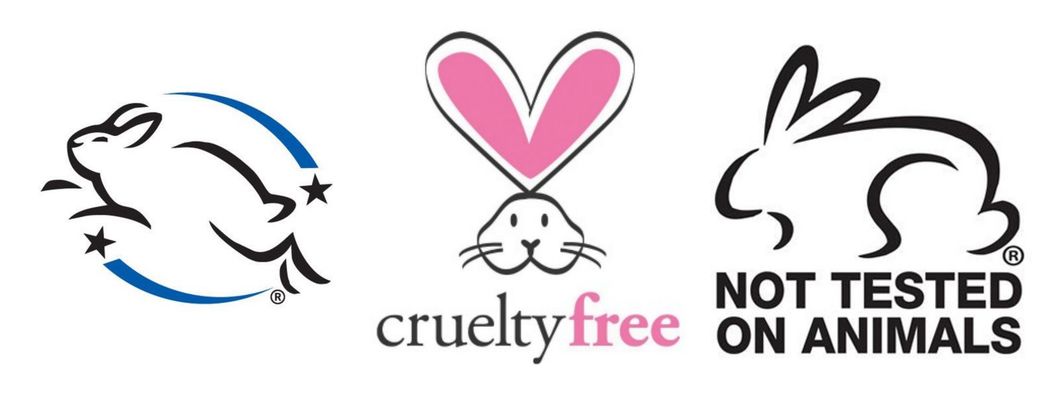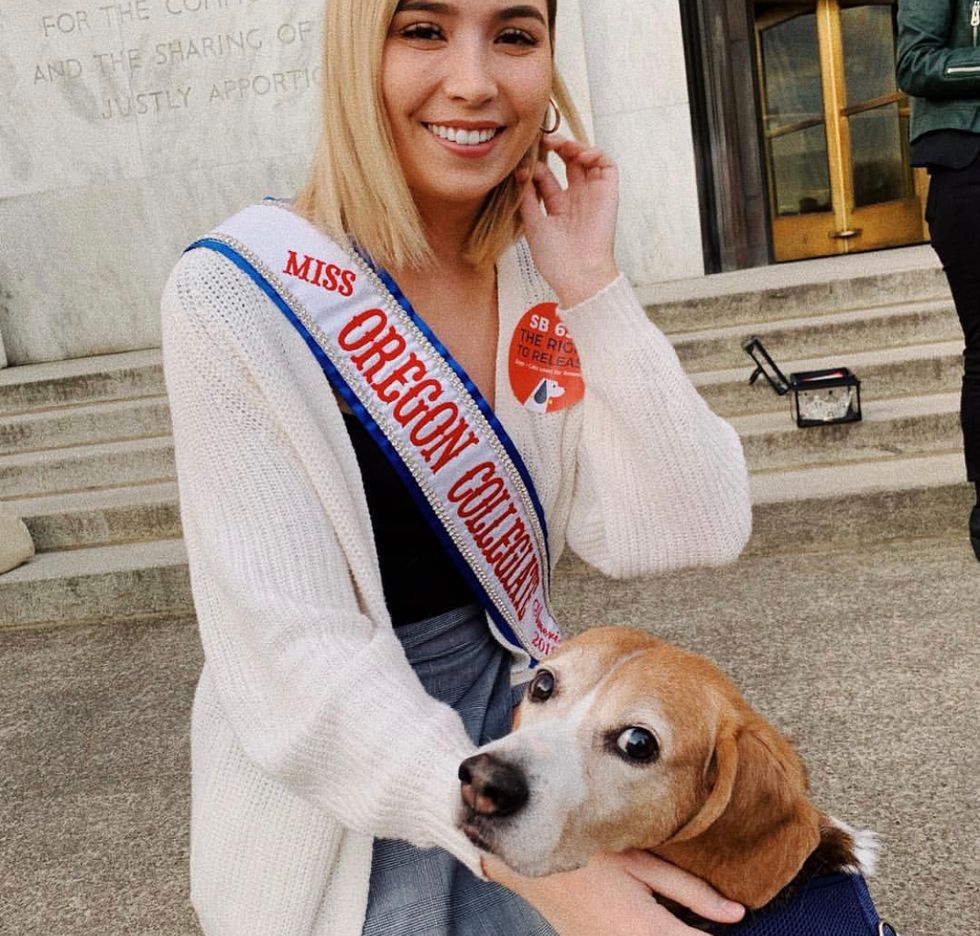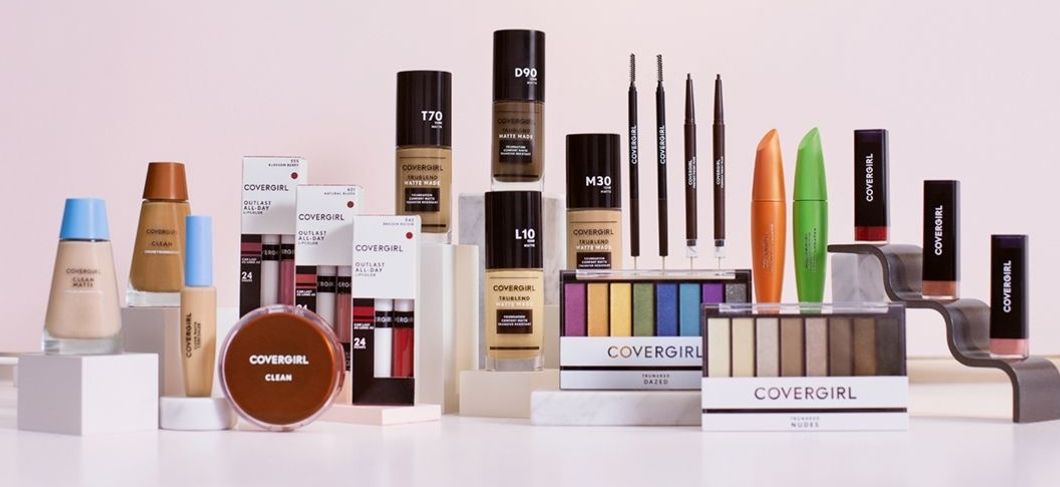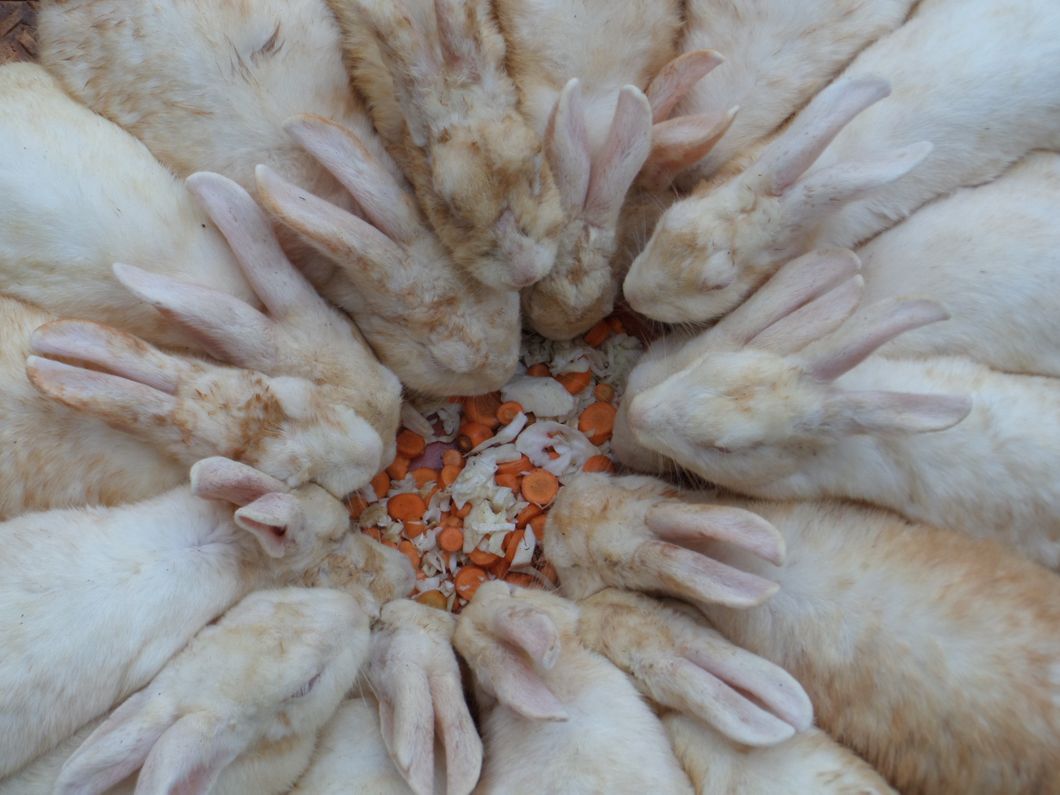You Need To Ditch Non-Cruelty Free Cosmetic Products
Do you know what goes into your favorite products?
Recently I was asked to give a persuasive speech. Considering my innate ability to argue for my point, I found this to be quite easy. On the other hand, picking a topic that I was overly passionate about was not so easy. In order to produce a good speech, I needed to do a little bit of digging on the internet to find a topic that struck me. I am incredibly thankful that I did, because I landed on a website about animal testing. I was utterly shocked to find out how many animals are tormented specifically for cosmetic products. So, here are three reasons why you should ditch the cosmetic products that aren't labeled cruelty-free.
1. The tests run on animals are not always conclusive.
This means that tests don't always give clear results in relation to how they will affect humans as the results can be hard to interpret at times. Consumer safety is put in danger when the results are either unreliable or ineffective. Thus, we have now subjected these poor animals to immense pain and suffering for no reason. PETA states, "The Food and Drug Administration reports that 92 out of every 100 drugs that pass animal tests fail in humans." And The Humane Society says, "Animal tests have scientific limitations, as different species respond differently when exposed to the same chemicals. Consequently, results from animal tests may not be relevant to humans, as they can under-or overestimate real-world hazards to people."
2. There are alternatives!
This is where the development of non-animal testing alternatives trump current animal testing. Non-animal testing can combine the use of human-cell based tests with computer models, which can give scientists results that are actually human-relevant. These results can be found in shorter time periods and cost much less. Currently, there are nearly 50 non-animal tests with many more in the making. Store shelves also already hold products that are made with ingredients that have long been determined as being safe for use.
3. Other countries have already taken a stand!
In 2013, the European Union paved the way for non-animal testing by putting a ban on animal testing for cosmetics. This, in turn, caused India, Israel, Norway, and Switzerland to pass similar laws. This means that cosmetic companies in the US or abroad cannot sell products in those countries unless they change their current testing practices. The list has even continued to grow as California, Guatemala, New Zealand, South Korea, Taiwan, and several areas of Brazil have joined in either banning or limiting cosmetic animal testing. If other countries and states are doing it, why can't the United States as a whole?
So, what can you and I do?
We can and we should do something! The Humane Society introduced the "Be Cruelty-Free Campaign," which works within the US and around the globe to promote a lifestyle with no animal testing for cosmetics. In the US, the Humane Cosmetics Act has been developed, and if enacted, would ban animal testing for cosmetics in the United States along with the import of animal-tested cosmetics.
With the proposal of the Humane Cosmetics Act, I urge you to take part in advocating for its enactment. This can be done by contacting current representatives to ask them to provide support for the act or any similar legislation.
However, I do realize that for some this is more than they are willing to do. Thankfully, there are other ways to show your support for the Be Cruelty-Free Campaign.
You can also show your support by ditching any products you currently use that test on animals and by switching over to cruelty-free brands. Thanks to the internet, it is now easier than ever to find cruelty-free doubles for your everyday products. From makeup and skincare to hair care, there are plenty of sites that tell you what brands are cruelty-free and what brands are not. I urge you to do a little research and make the switch.
With so many available alternatives and the fact that the alternatives are cheaper and more efficient should make the decision simple. Over 100 million animals are subject to testing each year. That is 100 million living and feeling animals. So before you buy your next cosmetic product, see if it's cruelty-free.




 Animal testing survivor Leila and Emma
Animal testing survivor Leila and Emma





















